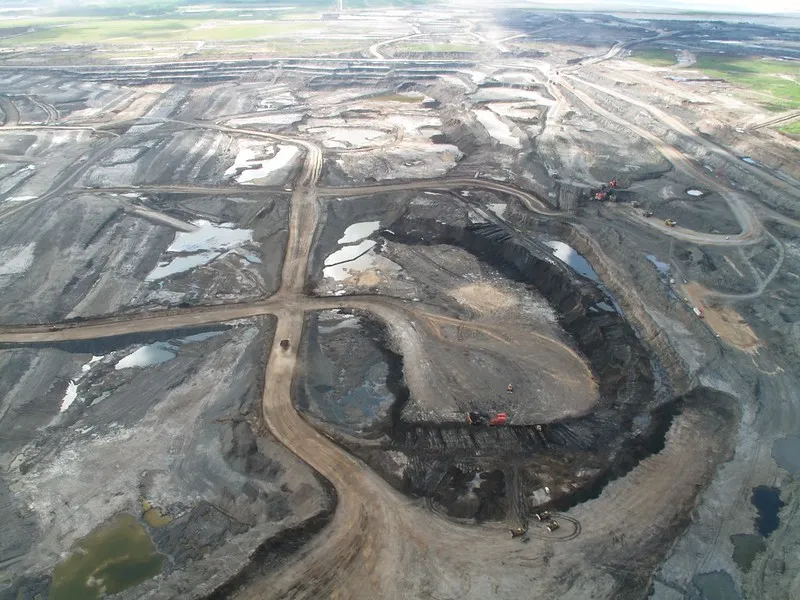EDMONTON — SIMON DYER, EXECUTIVE DIRECTOR at the Pembina Institute, made the following statement in response to Teck Resources Limited’s decision to withdraw the Frontier project application:
“The decision by Teck Resources Limited to withdraw its Frontier oilsands project application lays bare the need for provincial and federal governments to align on climate policy that will enable Canada to reach emissions reduction targets and create investor certainty as markets shift toward lower-carbon product. Pembina Institute applauds Teck Resources Limited for its leadership in creating space for this difficult task ahead, and expressing its support for strong climate actions, including carbon pricing and legislated caps on oilsands emissions, to enable the transition to a low-carbon future.
“Under any scenario that has us addressing climate change, business-as-usual cannot continue and, simply, won’t be profitable in the long run as the market shifts toward lower-carbon products. As Teck Resources recognizes, Alberta needs climate policy that positions industry to compete in a low-carbon economy. To set the province up for success, Alberta needs to cease fighting federal carbon pricing, agree to an industrial carbon pollution pricing increase and sector-wide emissions reduction targets, and move forward on a regulated and enforced oilsands emissions limit with a schedule of declines that will drive substantial — not incremental — innovation.
“The federal government is on the right track to build on the Pan-Canadian Framework on Clean Growth and Climate Change. Now we need better climate assessments in project decision making, including regulatory processes that ensure individual project approvals can demonstrate compatibility with Canada’s climate goals. Canada needs a clear carbon budget so industry, provinces and the investment community can operate with clarity and certainty as we work toward our 2030 international climate commitments and our national commitment to reach net-zero carbon emissions by 2050.”
[30]
Contact
Sarah MacWhirter
Communications director, Pembina Institute
416-389-7465
Background
Report: The oilsands in a carbon-constrained Canada
Op-ed: Regardless of the decision, Teck Frontier proves the system is still broken
About the Pembina Institute
The Pembina Institute is a non-profit think-tank that advocates for strong, effective policies to support Canada’s clean energy transition. We have offices in Vancouver, Calgary, Edmonton, Ottawa and Toronto. Learn more: www.pembina.org




